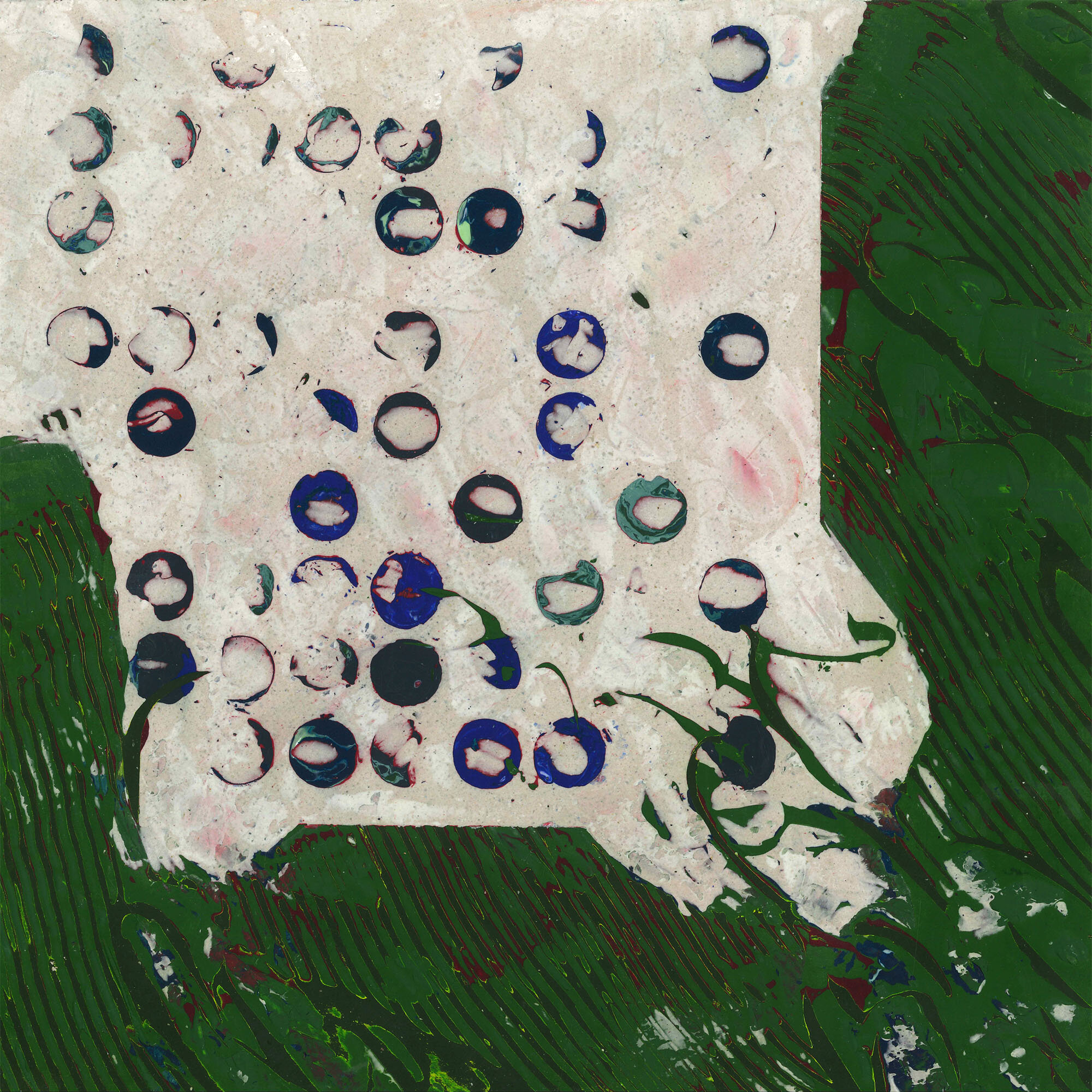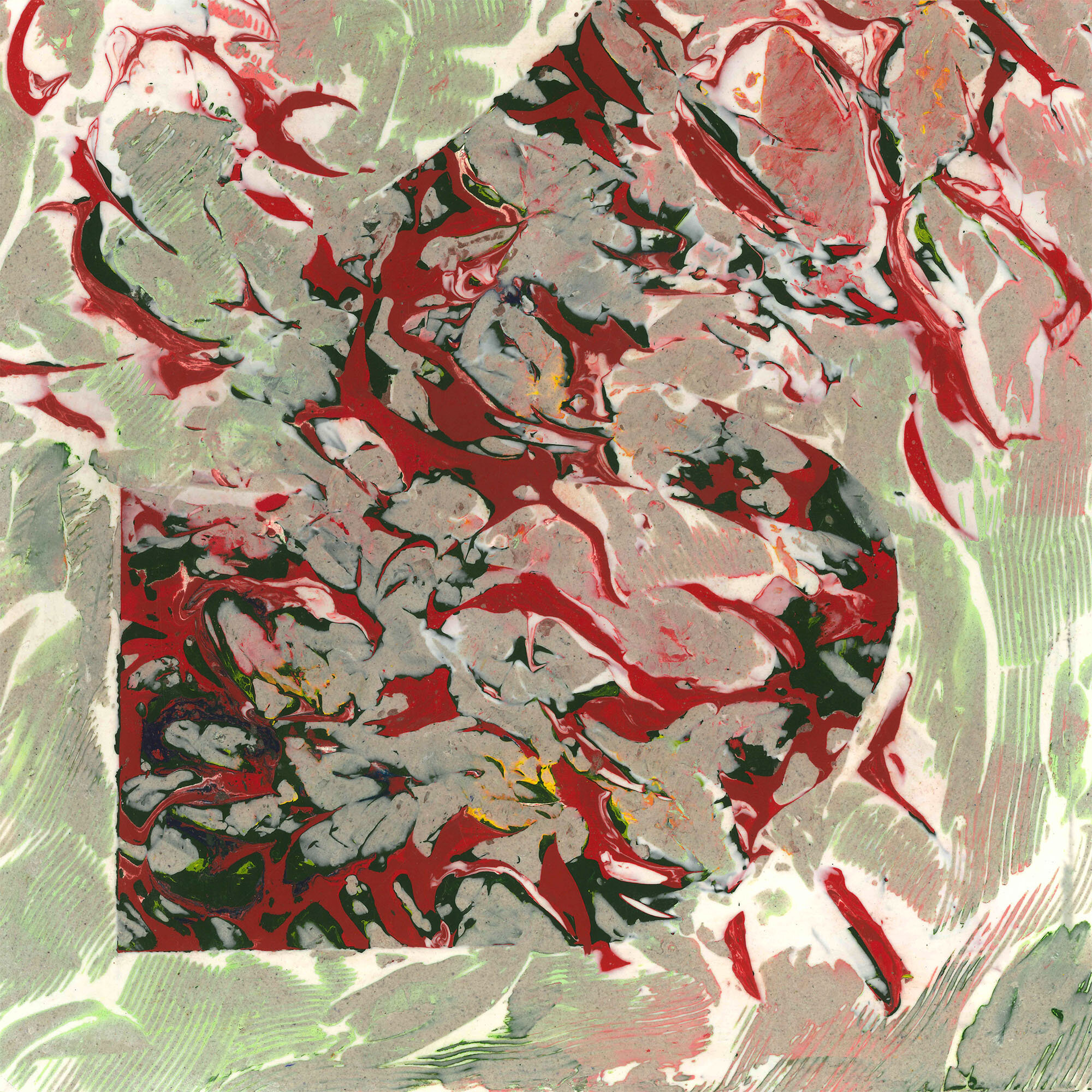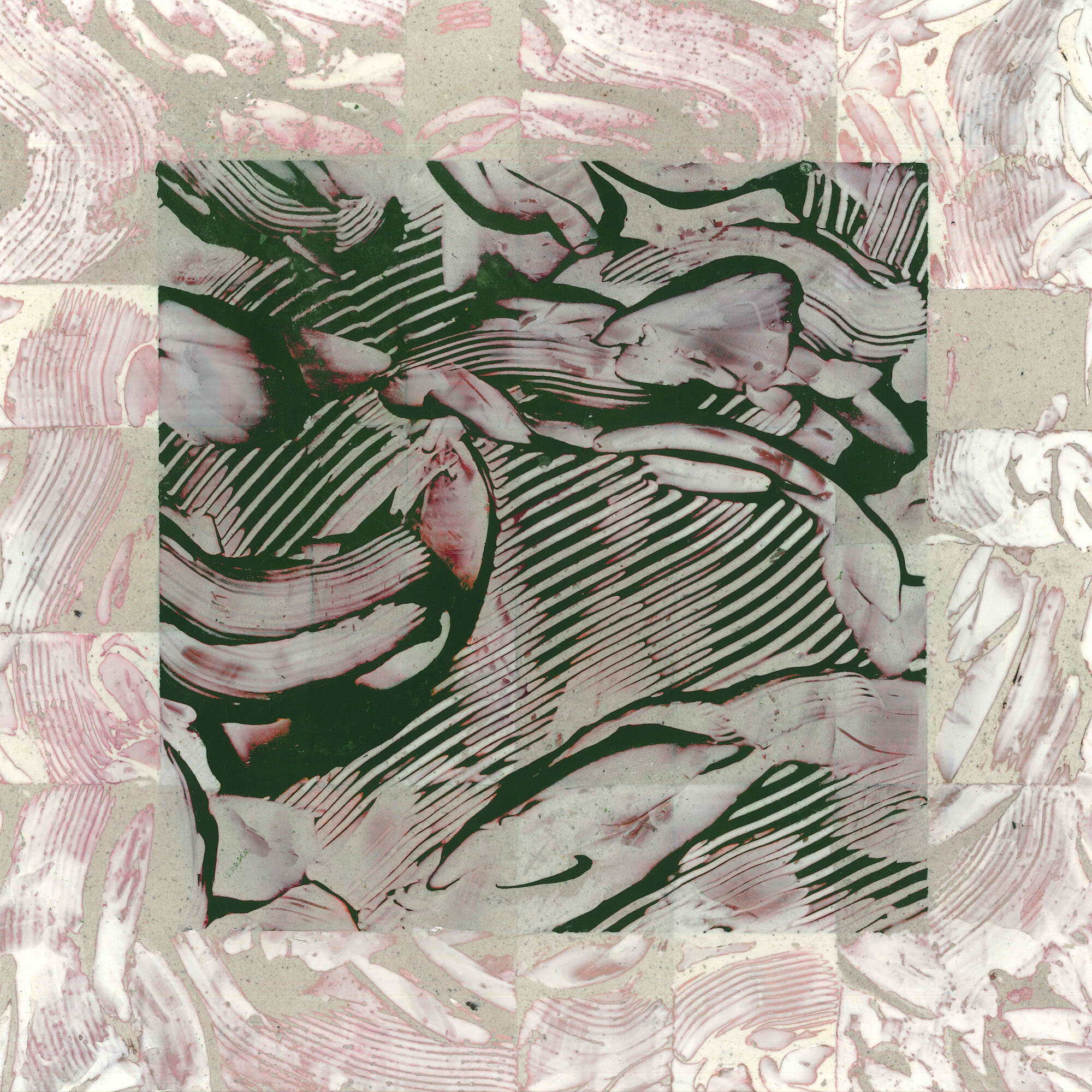Commentary Essay III: Chosen
"Each man is questioned by life; and he can only answer to life by answering for his own life; to life he can only respond by being responsible." —Viktor E. Frankl
Choices in Auschwitz
In 1946, Austrian psychologist Viktor Frankl published his popular work entitled Ein Psycholog erlebt das Konzentrationslager (“A Psychologist Experiences the Concentration Camp”). The book was later released in English as Man's Search for Meaning. Taken together, the two titles get at the deepest question Frankl, a Holocaust survivor, sought to answer: how can a man live a meaningful existence in the face of perpetual suffering?
During his time at Auschwitz, Frankl witnessed his fellow Jews tortured and killed by Nazis, but also by the existential dread of hopelessness, which stripped away their will to persist day after painful day. He concluded that meaning was the psychological requisite for surviving the camps. Interestingly, however, he also concluded that neither past memories nor the future hopes could ultimately furnish such meaning under such circumstances. Why? Because both the distant past and the hypothetical future had a way of extracting individuals from the heavy demands of the present, viz., staying sane and alive. For him, hope was to be found in a terrifying choice: How will I respond to the concrete realities of the present? He writes:
“And there were always choices to make. Every day, every hour, offered the opportunity to make a decision, a decision which determined whether you would or would not submit to those powers which threatened to rob you of your very self, your inner freedom; which determined whether or not you would come the plaything of circumstance, renouncing freedom and dignity to become molded into the form of the typical inmate” (Man's Search for Meaning, 62, emphasis added).
Frankl's thought was influenced by the existentialist philosophers of his day. This meant he believed, with Sartre, de Beauvoir, Camus, and others, that humans possess the freedom to define their own existence. Notice in the above quote how the camps threatened to "rob you of your very self, your inner freedom." For Frankl, humans are not absolutely determined by circumstances. Even in Auschwitz, they retain a modicum of freedom and, in particular, "the last of the human freedoms—the freedom to choose one's attitude in any given set of circumstances, to choose one's own way."
Frankl was eventually released from the camp after the war and went on to develop his own psychological-philosophical theory called "logotherapy." The theory sought to help others live meaningful lives, and Frankl summed up its central idea like this:
"Each man is questioned by life; and he can only answer to life by answering for his own life."
Condemned to Be Free
But with great freedom comes great responsibility, something the existentialists, including Frankl, rightly apprehended. This is the responsibility to answer to the inquisition of existence itself. Frankl was adamant that the ultimate human endeavor is not to discern the meaning of life, but to comprehend that life questions, challenges, summons each of us to offer a justification for our particular span of existence—and then to exercise our freedom in voluntary response. That's responsibility.
Frankl’s account of responsibility stems from John-Paul Sartre's more radical notion that human existence has no essence as such, expressed in his maxim: "existence precedes essence." For Sartre, we are each responsible for the Promethean task of defining the meaning of our existence through our choices. A daunting endeavor, no doubt, leading Sartre to conclude that we are "condemned to be free." Sartre elucidates this position is his 1946 lecture, "Existentialism Is a Humanism":
"Man simply is. Not that he is simply what he conceives himself to be, but he is what he wills, and as he conceives himself after already existing – as he wills to be after that leap towards existence. Man is nothing else but that which he makes of himself."
Sartre understood what he was up to. He knew he was inverting the historic understanding of human nature—or, to be more exact, he was asserting that humans have no nature.
Ordered Freedom
Here we begin to see the links between human nature and freedom, especially when we consider what Sartre saw himself as undoing. In one place he explains the historic approach to philosophical and theological anthropology:
"Each individual man is the realisation of a certain conception which dwells in the divine understanding. Man possesses a human nature; that 'human nature,' which is the conception of human being, is found in every man; which means that each man is a particular example of a universal conception, the conception of Man."
On this classic understanding, one approaches the meaning (telos) of man by first attending to his nature or essence. Thinkers like Aristotle saw that a thing's natural constitution and functions help us discover its fulfillment, what makes it flourish. When we consider the nature of a fish, for example, we see that it will flourish under specific conditions (water) and not others (floundering on the shore). As a consequence, one could say that a fish is only free when it lives according to the ordered constraints of its nature.
The third and final series of Vanora's current project is titled "Chosen." It explores the significance of human choice, responsibility, and freedom in light of two questions which correspond to the previous two series:
How will I respond to the givenness of my being and the world around me?
How will I respond to the reality of loss, when things are taken from me?
Frankl recalled men in the concentration camps who "walked through the huts comforting others, giving away their last piece of bread" (62). Such men, he believed, were able to shoulder self-giving responsibility, even while suffering, because they saw that no outer state of affairs could finally vitiate their inner freedom, their freedom to answer back to Reality.
But reality is textured—physically and metaphysically. Humans face choices to exercise their agency with or against the grain of the many layers and dimensions of reality. The existentialists help us see the significance of human choice, especially in the face of suffering. But they also reveal, in the case of Sartre's more radical views, the perils of rejecting objective reality, willfully.
Frankl was right; responsible human action demands freedom and freedom demands responsibility, lest we become the "plaything of circumstance." But one's understanding of freedom, as it turns out, hinges on one’s definition of human nature.
The Christian tradition has long understood freedom not as a boundless self-creative act, but as a form of submission to God's authority expressed through the created order and in Christ. Responsibility begins in learning to observe, and gladly submit to, the God-given limits of our particular being not as a condemnation, but as a blessing—even as our finitude leads to suffering and loss in this life.
There is much more to say here, but let us close with a word from theological ethicist Oliver O'Donovan, who captures many of these ideas in the following:
"We discover we are free when we are commanded by that authority which commands us according to the law of our being, disclosing the secrets of the heart. There is no freedom except when what we are, and do, corresponds to what has been given to us to be and to do. 'Given to us', because the law of our being does not assert itself spontaneously merely by virtue of our existing. We must receive ourself from outside ourselves, addressed by a summons which evokes that correspondence of existence to being. 'Where the Spirit of the Lord is, there is liberty' (2 Cor. 3:18)" (The Desire of the Nations, pg. 252).




